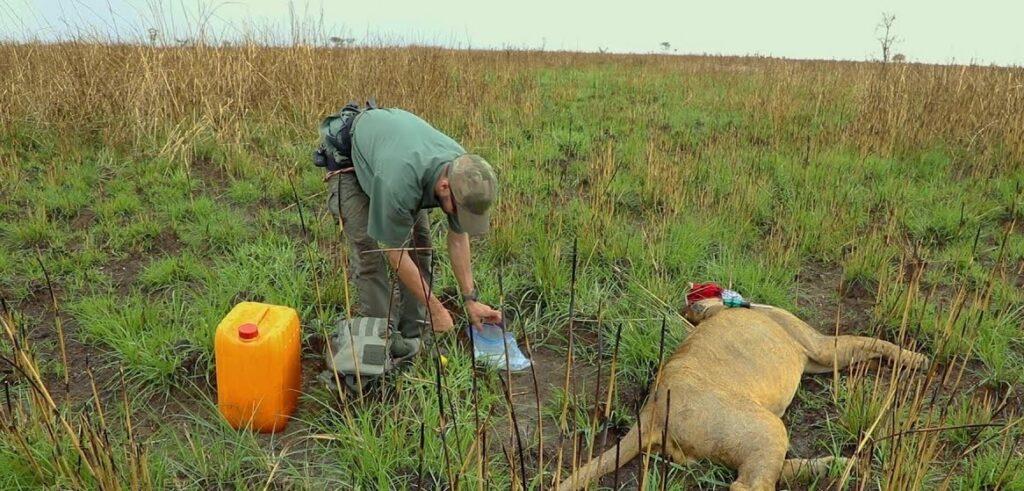South Sudan’s government and conservation groups on Monday urged international solidarity to protect the country’s wildlife and natural habitats, warning that decades of conflict and underinvestment have left ecosystems increasingly fragile.
The Ministry of Wildlife Conservation and Tourism (MWCT), non-profit African Parks (AP), and the European Union (EU) issued a joint statement marking World Nature Conservation Day, highlighting the urgent need to safeguard South Sudan’s vast savannahs, Sudd wetlands, and critical wildlife migration routes.
These landscapes support both biodiversity and local communities, but many species—including elephants, giraffes, and buffalo—have dwindled to less than 1% of their 1970s populations due to habitat loss and instability.
In 2022, South Sudan signed a 10-year agreement with AP to manage Boma and Badingilo National Parks, home to the world’s largest land mammal migration, featuring the white-eared kob. The EU-backed initiative aims to restore ecosystems, boost ecotourism, and build climate resilience.
“The EU stands with South Sudan. Protecting nature here means protecting lives, livelihoods, and the future of a region that matters to the world,” said EU Ambassador Timo Olkkonen.
Gen. Khamis Adieng, Director General of Wildlife Conservation and Tourism, noted progress in managing the Great Nile Migration Landscape, while AP reported recovering populations of some species, though many remain confined to shrinking water sources.
African Parks manages 23 reserves across 13 African countries and aims to expand to 30 parks by 2030. The EU has been a key partner for South Sudan, supporting sustainable development and peacebuilding.




